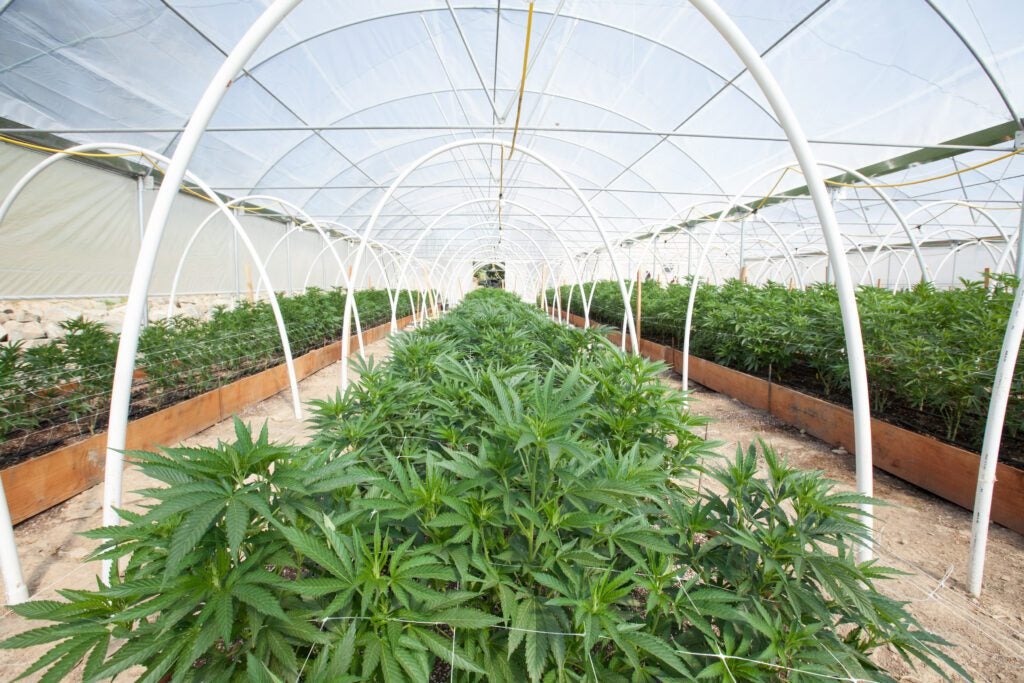There’s no ignoring the economic climate. Higher prices, bank failures, and widespread uncertainty about what’s to come have businesses and investors hesitant to make any major moves. Safeguarding against financial loss is one thing, but their investment stance has significant consequences for businesses nationwide.

In September 2020, one-third of U.S. private equity firms’ assets (valued at $6.5 trillion) were “dry powder” – liquid assets and cash that firms can invest quickly and easily. Private equity investors operated under the same circumstances, which allowed both entities to invest in businesses and drive growth across multiple industries, including cannabis.
Since then, private equity has dwindled, and investments have decreased significantly. This is due to the shifting and, more prominently, the uncertainty of the economy. Citing the elevated risk of a negative investment, private equity firms and investors are holding what little liquidity they have and waiting until brighter economic conditions.
The cannabis industry is prone to private equity investments because of the lack of debt financing options for entrepreneurs. Until recently, federal regulations and an overarching stigma made it nearly impossible for cannabis businesses to find a lender offering debt financing. Times have changed, and there are much more options in 2023, but working with a bank comes with its own respective challenges after numerous prime rate hikes by the federal reserve.
Is the cannabis industry unable to access capital? Although it may seem that way, there’s a solution that can allow any entrepreneur in this space to secure the funds they need to implement growth plans or solve challenges – non-bank lenders.
Non-bank lending, also referred to as alternative lending or online lending, offers a more modern approach to the traditional financing process. They feature fast funding times, a versatile set of financing solutions, and many quality of life improvements over bank lending. It does come with a drawback, though, as these lenders tend to offer higher interest rates on average.
But, under 2023’s economic climate, these higher interest rates are the norm. The prime rate sits at 7.75% after the most recent hike on February 3rd, 2023, with further increases planned throughout the year. The cost of capital will only get higher, so it’s in every business’s best interest to lock in lower rates before they get more expensive.
On a similar note, it’s important to access capital ahead of any economic crisis. If the markets enter a downturn, capital sources will become even more limited, and you might not get approved for any terms at all. Proactive steps are urgently necessary, especially if you think you’ll need capital at any point in 2023.
Private equity may have weakened, but National Business Capital continues to drive growth in the cannabis industry. As we tread deeper into economic uncertainty, it’s essential for all entrepreneurs to understand their financing options before they need them. That way, you can mitigate challenges and continue growing while your competition scales down.
Finding a non-bank lender that fits your business and goals isn’t always straightforward, but National Business Capital’s diverse 75+ lender marketplace simplifies your search. Not only do they excel in helping entrepreneurs in this space grow to greatness, but their team has also gone as far as to establish a financing solution – Cannabusiness Financing – to help all subsets of the industry access the right capital for their business.
For more information on National Business Capital’s financing solutions, process, or its commitment to the cannabis industry, visit their website to learn more.




